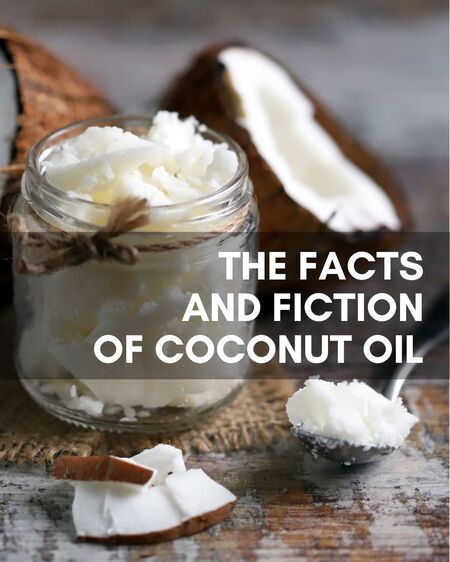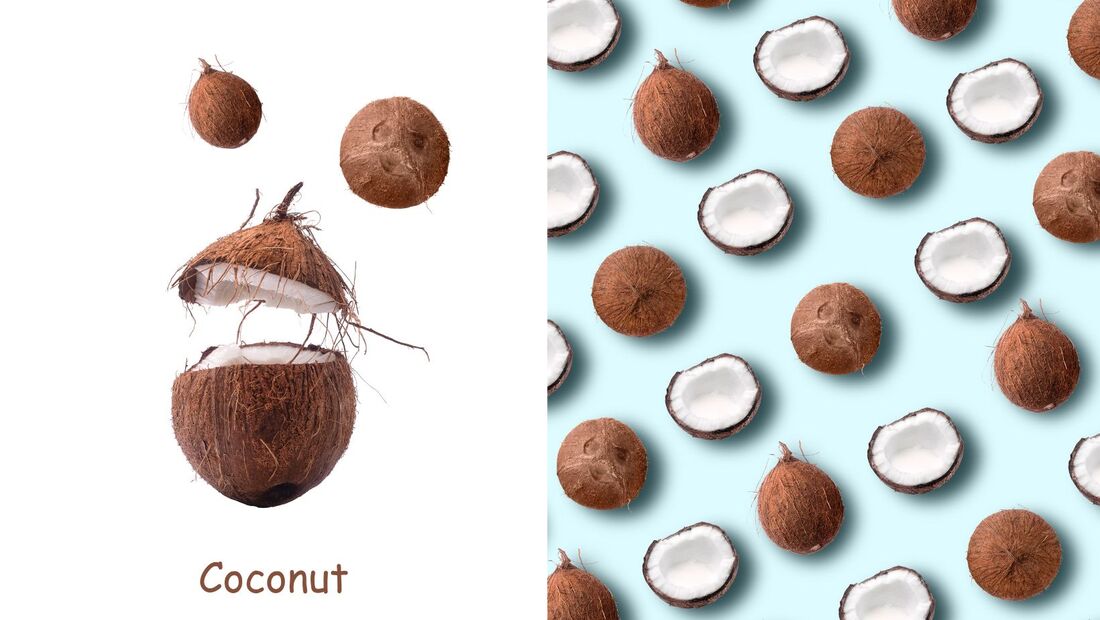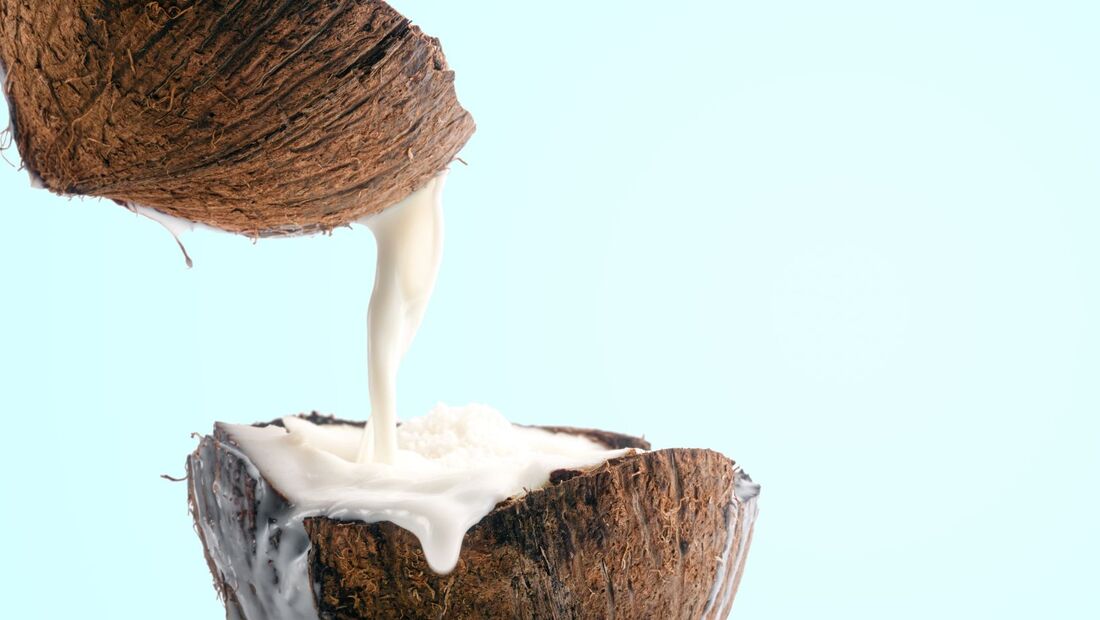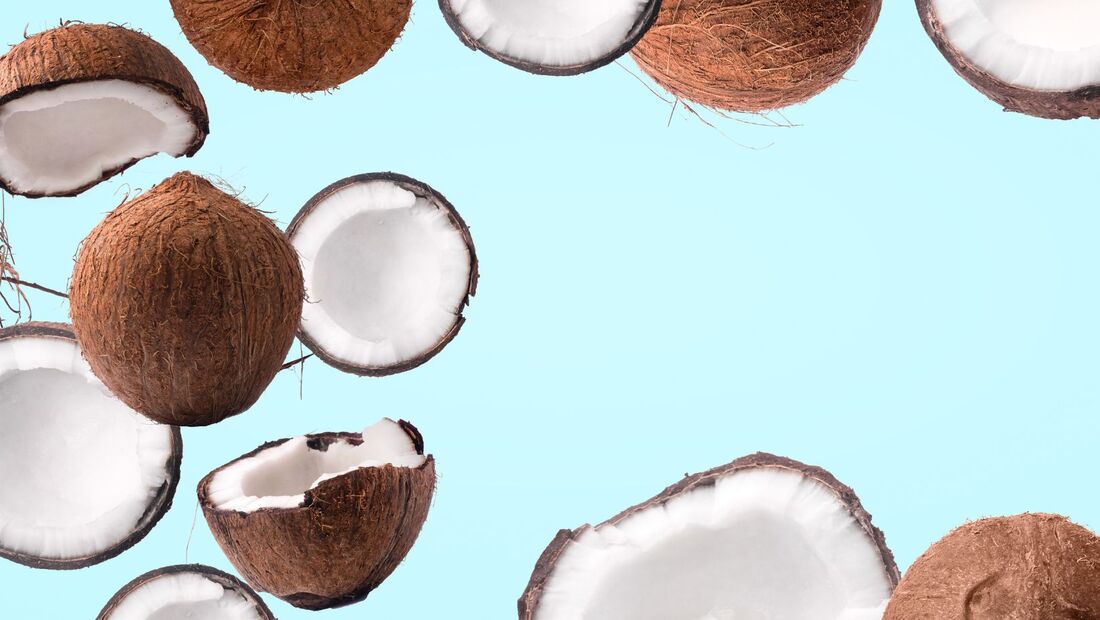- Home
-
Qualifications
- Diploma in Nutrition and Health Coaching
- Womens Health and Wellness Coach Certification
- Certified Coaching Professional Program
- Diploma in Coaching for Lifestyle & Wellbeing Management
- Holistic Wellness Coaching Program
- The Ultimate Triple Qualification
- Health Coaching Electives
- Wellness Coaching for Professionals
- Coach Gap Training
- Professional Certificate in Meal and Menu Planning
- Accreditation, Registration & Insurance Options
- Degree & Diplomas
- Short Courses
- Testimonials
- Enrol
- FAQs
- About
- Contact
- Login
- Things We Do
|
Coconut Oil. The wonderfully amazing, super-health, heals all miracle that has us not only tossing a bit into the pan, but slapping it almost everywhere, and on everything. Face, feet, eggs, beef… You name it. Having been used in the tropics and in Ayurvedic medicine for thousands of years, coconut oil is not exactly a new discovery, however it’s only recently that it’s gained mainstream popularity for its nutritional properties. So… Just another craze we can ride out? Or is it here to stay? WHAT EXACTLY IS COCONUT OIL?The oil is extracted from the white meat of the coconut. Commercial oils are available as virgin, extra-virgin, and refined. It’s extracted by either pressing the oil from dried coconut flesh, or by pressing the milk from the flesh while wet, then separating the fat from the milk. Nutritionally, coconut oil is comprised of just over 90% of saturated fats. The majority have a medium chain length, known as medium chain triglycerides (MCTs), which you may have heard of amongst all the ‘superfood’ goss. WAIT, AREN'T SATURATED FATS GOOD FOR ME NOW?For decades, saturated fats were believed to be a direct cause of heart disease, through elevated blood cholesterol levels. We’re now in the midst of a revival. Saturated fats are slowly losing their ‘bad-boy’ prestige, as we come to terms with the fact that the damning evidence was ambiguous at best. But, that doesn’t mean they’re healthy. Saturated fats are not all equal. They come in different lengths, are from different foods, and affect our health in different ways. The MCTs in coconut oil are said to have a myriad of health benefits, some of which do have merit but not all. SO, IS COCONUT OIL HEALTHY?Coconut oil is made up of several key main fatty acids; lauric acid (49%), myristic acid (18%), palmitic acid (8%) and caprylic acid (8%). After these, there are smaller amounts of various other saturated fats. Remembering that coconut oil is over 90% of saturated fat, this only leaves room for a very small percentage of mono and polyunsaturated fats; the fatty acids present in olive, canola and sunflower oils, avocadoes, walnuts, and fish, which are proven to lower cholesterol levels and prevent heart disease. Coconut oil also doesn’t contain any significant levels of vitamins or minerals, and has very few antioxidants in comparison to something like extra-virgin olive oil. Myristic and palmitic acids have been found to increase the levels of LDL-cholesterol (bad cholesterol) in the blood, having a negative effect on heart disease. Lauric acid, has been reported to promote heart health by lowering total cholesterol levels in the blood by apparently lowering the levels of LDL-cholesterol and increasing HDL-cholesterol (good cholesterol). Lauric acid is said to also some health benefits in relation to the central nervous system, and having antiviral, antibacterial, antiseptic, and antifungal properties, however we do still need more evidence to come to any solid conclusions. WHAT'S ALL THE FUSS ABOUT MCTS THEN?The shorter chain length of MCTs means they are absorbed more rapidly than long chain fatty acids which must first be broken down to shorter units. MCTs are a more available energy source, and so our bodies use them up, rather than storing it as fat. But, this doesn’t mean that MCTs help you to lose weight! Fats, including coconut oil are the most energy dense nutrient, and too much energy will inadvertently cause weight gain. Of course, when we talk energy we know that quality is the most important thing along with energy expenditure. There’s a heap of information out there regarding the wonders of MCTs and specifically MCT oil, from the prevention of thrush all the way to Alzheimer’s treatment. Whether there’s any substance though warrants a whole other blog! IS COCONUT OIL BEST FOR COOKING?I’ve read this a lot among all the coconutty commentary out there that the high smoke point of coconut oil makes it the best oil to cook with. Smoke point is the temperature an oil can be heated to before it oxidises and creates carcinogenic free-radicals. Coconut oil, particularly virgin varieties (the ones you want to be eating) have a fairly low smoke point, and are no good for cooking at high temperatures. Refined oils are always going to have a higher smoke point than their non-refined friends. So, if we stick with non-refined oils what do we get? Virgin olive, sunflower, canola, avocado and grape seed all have a higher smoke point (Good, 2012). Extra-virgin olive oil, the king of all the olive oils in the land does oxidise at a slightly lower temp, but is fine for light frying. The abundance of antioxidants helps to fend off the free radicals too. Unquestionably, we can still drizzle and toss with it…Yum! So, what’s the verdict?1. We need more evidence. Boring I know but it’s true. There are as many reports opposing coconut oil as there are backing it. The relationship between heart health and saturated fats is being revisited in the health realm too, so we still have a lot to learn in all departments. 2. Eat some coconut! Don’t forget this delectable gem. Nutritionally, you’ll be getting what’s in the coconut oil, plus the added good bits from the meat and the water. Some fibre, protein, carbohydrates, vitamins, minerals and antioxidants all included. 3. If you like it, use it. I use sometimes too! And in the non-diet based world that the team at Cadence Health live in we don’t encourage a fear of food, or a weight-centric approach. Instead we encourage an enjoyment and acceptance of food diversity and balance. Hence, coconut might be an ‘occasional’ food, not a ‘bad’ food. Coconut oil can really jazz up a curry, and is amazing for my skin in the winter. But I use it as I would butter on toast or sugar when I bake… Sparingly! And, because I like it, not because it’s good for me. I’ll be sticking with extra-virgin olive oil on the whole, it’s benefits are well established, you only have to look at the history of Mediterranean diet to see why it’s the ‘pick of the bunch’. So… While we wait, remember that there is no one miracle food that will cure all and make us magically healthy. Health and wellbeing is a beautifully holistic notion. Our bodies are so kind that they literally allow us to have a little bit of everything. AuthorWords by Iydi Willis, Nutritionist and Masters In International Public Health
0 Comments
Leave a Reply. |
AuthorsBev Whyfon; Bev's Healthy Food Archives
July 2024
Categories
All
|
|
CONNECT WITH US
|
- Home
-
Qualifications
- Diploma in Nutrition and Health Coaching
- Womens Health and Wellness Coach Certification
- Certified Coaching Professional Program
- Diploma in Coaching for Lifestyle & Wellbeing Management
- Holistic Wellness Coaching Program
- The Ultimate Triple Qualification
- Health Coaching Electives
- Wellness Coaching for Professionals
- Coach Gap Training
- Professional Certificate in Meal and Menu Planning
- Accreditation, Registration & Insurance Options
- Degree & Diplomas
- Short Courses
- Testimonials
- Enrol
- FAQs
- About
- Contact
- Login
- Things We Do





 RSS Feed
RSS Feed
